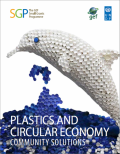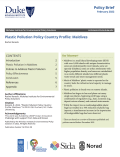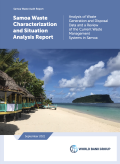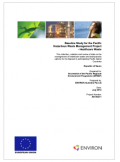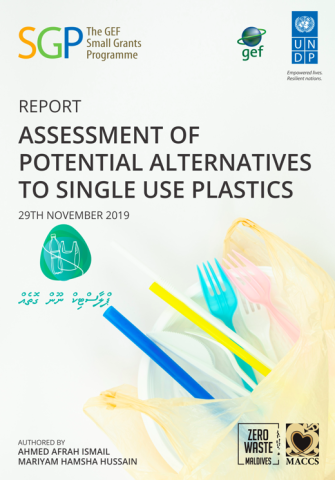
In 2011, the Maldives imposed a 400% import duty on plastics bags and made “environmentally friendly” plastic bags duty-free. This policy change led to a significant increase in the imports of “oxo-biodegradable” bags into the market, causing even more harm to the environment than regular plastic bags.
According to recent studies, oxo-degradable bags, if discarded in the environment, will degrade to oxygenated low-molecular-weight chains within 2-18 months, depending on the material (resin, thickness, anti-oxidants, etc.), temperature and other factors in the environment. The oxo-degradable plastics do not breakdown in some conditions and when they do breakdown they disintegrate into microplastics, but do not break down at the molecular or polymer level and cannot be seen or removed.
Oxo-degradable plastics are not a solution to plastic packaging pollution, and they are not suited for effective long-term reuse, recycling at scale, or composting as it does not allow materials and products to be kept in high-value use.
This study, implemented by the United Nations Development Programme (UNDP) and funded by the GEF Small Grants Program, analyses plastic pollution from other single-use sources, including plastic bottles and Styrofoam take-away containers. The study recommends that the Maldives government promote a refuse and reuse culture to reduce the amount of waste generated.
Single-used plastics cannot be shifted from one material to another and each type of single-use plastic requires its own phaseout methodology. Therefore, it is vital that alternatives are assessed thoroughly before being introduced to the market. The study also calls for phase-out regulations to be backed by effective communication and awareness programmes, and recommends the government make use of waste audits in order to capture primary data to support future decision-making.

